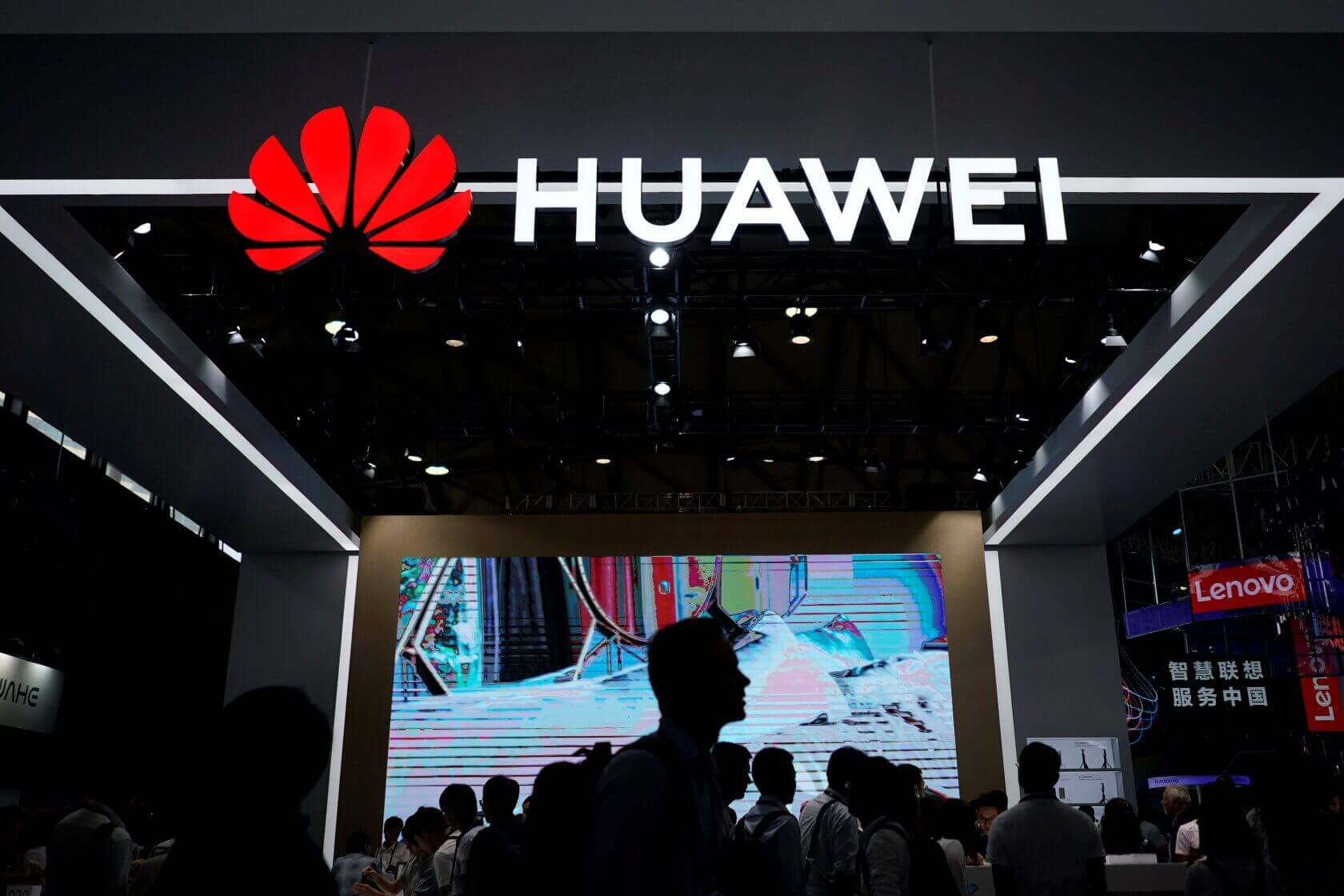The big picture: Huawei says there are 500 million people that use its devices worldwide, and an ecosystem supported by more than 800,000 developers. While not a publicly listed company, it releases financial results as a way to prove it can be transparent, and this year is looking good so far. It does, however, show the company's strong reliance on phone sales and 5G infrastructure as key revenue streams could easily work against it in the future.
Earlier today, Huawei announced its revenue for the first half of 2019, and to say they look optimistic would be an understatement - the company doesn't have the highest profit margin at a little under 9%, but when you consider the fact that it managed to generate over 401 billion yuan ($58.3 billion) in revenue, it's an impressive result to get when you're under pressure from U.S. sanctions.
The Chinese company is doing 23.2% better than the same period last year, and that is mostly thanks to the 118 million smartphones it sold for the first two quarters of this year for a total of 220.8 billion yuan ($32.1 billion). This means the phone business is bringing about 55% of the company's revenue, very similar to what iPhone does for Apple.
Chairman Liang Hua noted much of the momentum seen in Huawei's consumer business happened through May, confirming what analysts have gathered in independent reports. The company is doing fine in Europe, better in China, and not so well in the U.S., where it recently restructured its operations by letting go of over 600 people.
Huawei's carrier business is also doing well, with 5G contracts bringing in 146.5 billion yuan ($21.3 billion) that helped soften the blow from U.S. restrictions. Something worth noting here is that Russia and the EU seem to have no problem using Huawei's 5G infrastructure, so this trend may as well continue.
To put things in perspective, Huawei still has some fight left in it and can certainly leverage markets like China, where Canalys says the company is eating away at rivals Oppo, Vivo, Xiaomi, and even Apple who all saw sharp declines as a result.
